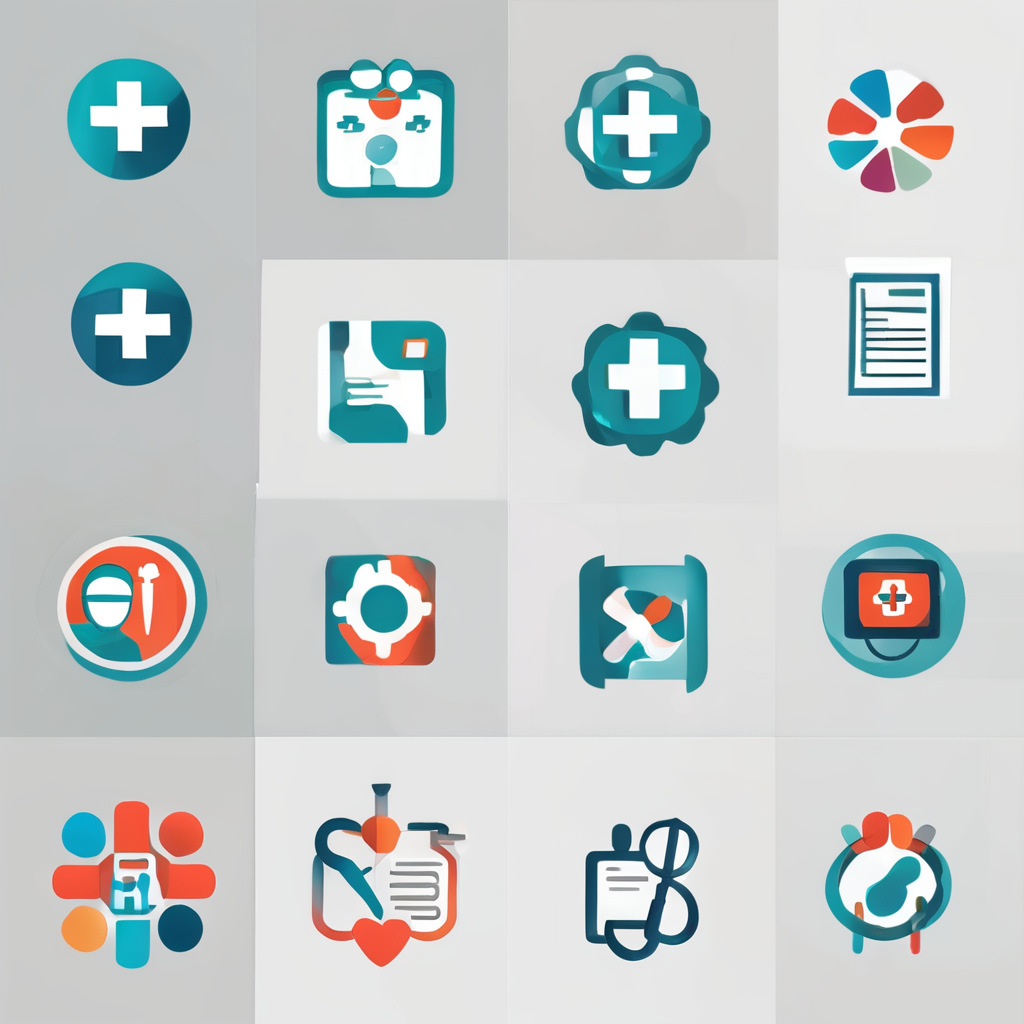Colon cancer, a formidable adversary in the realm of health, is a diagnosis no one wishes to face. Yet, its prevalence reminds us of the need to remain vigilant. As medical advancements uncover more about this disease, the importance of preventative measures cannot be overstated. Understanding how lifestyle choices can impact the likelihood of developing colon cancer empowers individuals to take control of their health.
Understanding Colon Cancer: The Basics
Colon cancer, also known as colorectal cancer, originates in the colon or rectum. This type of cancer often begins as small, benign clusters of cells known as polyps that develop on the inside of the colon. While not all polyps turn cancerous, some do over time.
Topic to read : How do mental health and nutrition interact to affect overall well-being?
A notable aspect of colon cancer is that it often presents no symptoms in its early stages, making regular screenings crucial for early detection. The growth of colon cancer is typically slow, offering a window of opportunity for intervention.
While the causes of colon cancer are multifaceted, involving a mix of genetic, environmental, and lifestyle factors, there are tangible actions you can take to mitigate your risk. By understanding the disease and its early indicators, individuals can better navigate their health decisions.
Additional reading : How does the gut-brain axis influence mental health conditions like anxiety and depression?
Adopting a Healthful Diet
The food you consume plays a pivotal role in not only maintaining optimal health but also in protecting against diseases such as colon cancer. Research continuously supports the power of a balanced diet rich in fruits, vegetables, whole grains, and lean proteins.
To reduce the risk of colon cancer, incorporate a variety of colorful fruits and vegetables into your meals. These foods are high in antioxidants, vitamins, and fiber, which contribute to a healthy digestive tract and can help reduce inflammation.
Additionally, consider reducing the intake of red and processed meats, which have been linked to an increased risk of colon cancer. Instead, focus on plant-based proteins like beans, lentils, and tofu.
Understanding the power of dietary choices gives you control over a significant aspect of your health. Embrace the variety of options available to make mindful eating a seamless part of your daily routine.
Regular Physical Activity
Engaging in consistent physical activity is a cornerstone of both physical and mental well-being. Regular exercise not only aids in weight management but also has been shown to decrease the risk of developing colon cancer by enhancing the body’s immune function and reducing inflammation.
Aim for at least 30 minutes of moderate-intensity exercise on most days of the week. Activities such as brisk walking, cycling, or swimming can make a significant difference.
Staying active helps regulate bowel movements and reduces the duration that potential carcinogens linger in the colon, lowering the overall risk of cancerous changes. For those who find the prospect of exercise daunting, start small and gradually increase your activity level.
Empower yourselves by integrating movement into your daily life, transforming exercise from a chore into an activity you genuinely enjoy.
Maintaining a Healthy Weight and Avoiding Tobacco and Alcohol
Among the various lifestyle modifications that can significantly impact colon cancer risk, maintaining a healthy weight and moderating alcohol consumption stand prominent. Excess body weight, particularly around the abdomen, has been associated with an increased likelihood of colon cancer.
The path to achieving a healthy weight is multifaceted, involving a balanced diet, regular physical activity, and mindful habits. Adopt a holistic approach that addresses all these aspects for the best results.
Moreover, the relationship between alcohol and colon cancer risk is dose-dependent. Limiting alcohol intake to moderate levels is advisable. Avoiding tobacco is crucial, as smoking is a known risk factor for various cancers, including colon cancer.
By adopting these lifestyle changes, individuals can significantly reduce their risk of colon cancer and improve overall health.
Participating in Regular Screenings
One of the most proactive steps individuals can take in preventing colon cancer is to engage in regular screenings. Tests such as colonoscopies can detect precancerous polyps, allowing for their removal before they progress to cancer.
Screening guidelines may vary, but for average-risk individuals, it’s generally recommended to start at age 50. Those with a family history or other risk factors might need to begin earlier.
Screening methods have advanced, offering less invasive options such as stool tests and virtual colonoscopies. While these may not replace traditional methods, they provide alternatives for those unable or unwilling to undergo a full colonoscopy.
Regular screenings are a fundamental component of a proactive health strategy, empowering you to take charge of your well-being. Make it a priority to consult with healthcare professionals to determine the best screening schedule for your situation.
In the continuous battle against colon cancer, the power lies in prevention. By making informed decisions about diet, exercise, and lifestyle habits, individuals can significantly reduce their risk of developing this disease. Every step taken towards a healthier lifestyle is a step towards empowerment in your health journey.
While genetics and other uncontrollable factors play a role, focusing on the aspects within your control offers a sense of reassurance and agency. Regular screenings further bolster this protective shield, allowing for early detection and intervention.
As you navigate these preventative measures, remember that each choice is a commitment to your long-term health and well-being. Embrace this journey with confidence, knowing that you are equipped with the knowledge and tools to make a difference.











